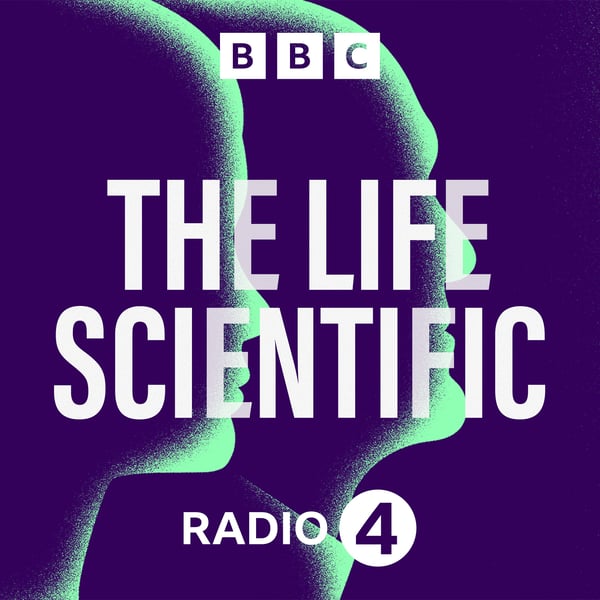James Lovelock
The Life Scientific
BBC
4.6 • 1.4K Ratings
🗓️ 8 May 2012
⏱️ 28 minutes
🧾️ Download transcript
Summary
Transcript
Click on a timestamp to play from that location
| 0:00.0 | Once you've wrapped up this podcast, how about trying a very British cult? |
| 0:06.0 | What happens if the person you trust with your future isn't what you think they are? |
| 0:10.0 | I did feel the whole time he was watching me Yeti. I saw a footprint and that really gave me gusmas. |
| 0:16.4 | Or people who knew me. Emme, I remember every secret, every lie. I'm the only one who knows the truth. |
| 0:23.0 | Discover more of our biggest podcast from 2003. |
| 0:27.0 | Listen on BBC Sounds. |
| 0:30.0 | Thank you for downloading The Life Scientific from BBC Radio 4. |
| 0:36.0 | After 300 yards, bare right. |
| 0:39.0 | I'm driving through these difficult Devon lanes to visit a scientist whose theory Gaea |
| 0:45.7 | has spread way beyond the world of science, to poets and philosophers, to spiritual |
| 0:51.3 | gurus and green activists. |
| 0:54.0 | The key idea is that the whole planet Earth, |
| 0:58.0 | from the bottom of its crust to the outer limits of its atmosphere, |
| 1:01.0 | including all living things, acts as one giant interconnected |
| 1:06.2 | and self-regulating system, Gaya, named after the Greek goddess of the earth. And it's here that James Lovelock has spent the past 50 years developing his Gaya theory, |
| 1:26.0 | working as an independent scientist, not affiliated to any university or research institute, |
| 1:31.0 | but rather surviving on the profits from his multiple inventions. |
| 1:35.0 | Perhaps his greatest invention was the electron capture detector, |
| 1:39.0 | an exquisitely sensitive device capable of analyzing the tiniest quantities of the |
| 1:44.6 | different gases present in our atmosphere. And I guess this was the garden where |
| 1:50.8 | he rather than digging up his rosebed actually planted a homemade bomb underneath it and blew it up. |
| 1:57.0 | Jim Lovelock, welcome to the Life Scientific or should I say thank you for inviting me. |
... |
Please login to see the full transcript.
Disclaimer: The podcast and artwork embedded on this page are from BBC, and are the property of its owner and not affiliated with or endorsed by Tapesearch.
Generated transcripts are the property of BBC and are distributed freely under the Fair Use doctrine. Transcripts generated by Tapesearch are not guaranteed to be accurate.
Copyright © Tapesearch 2025.

